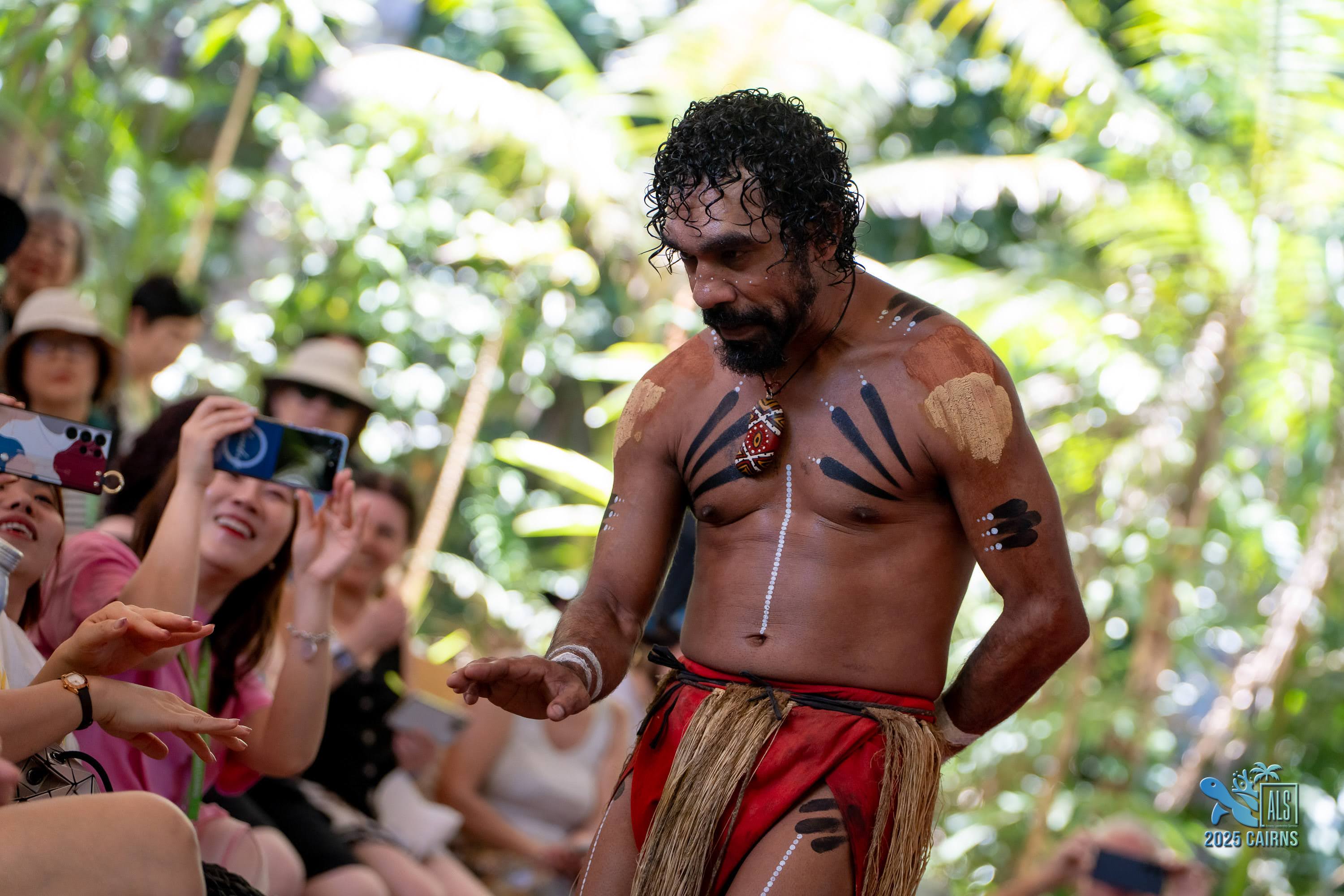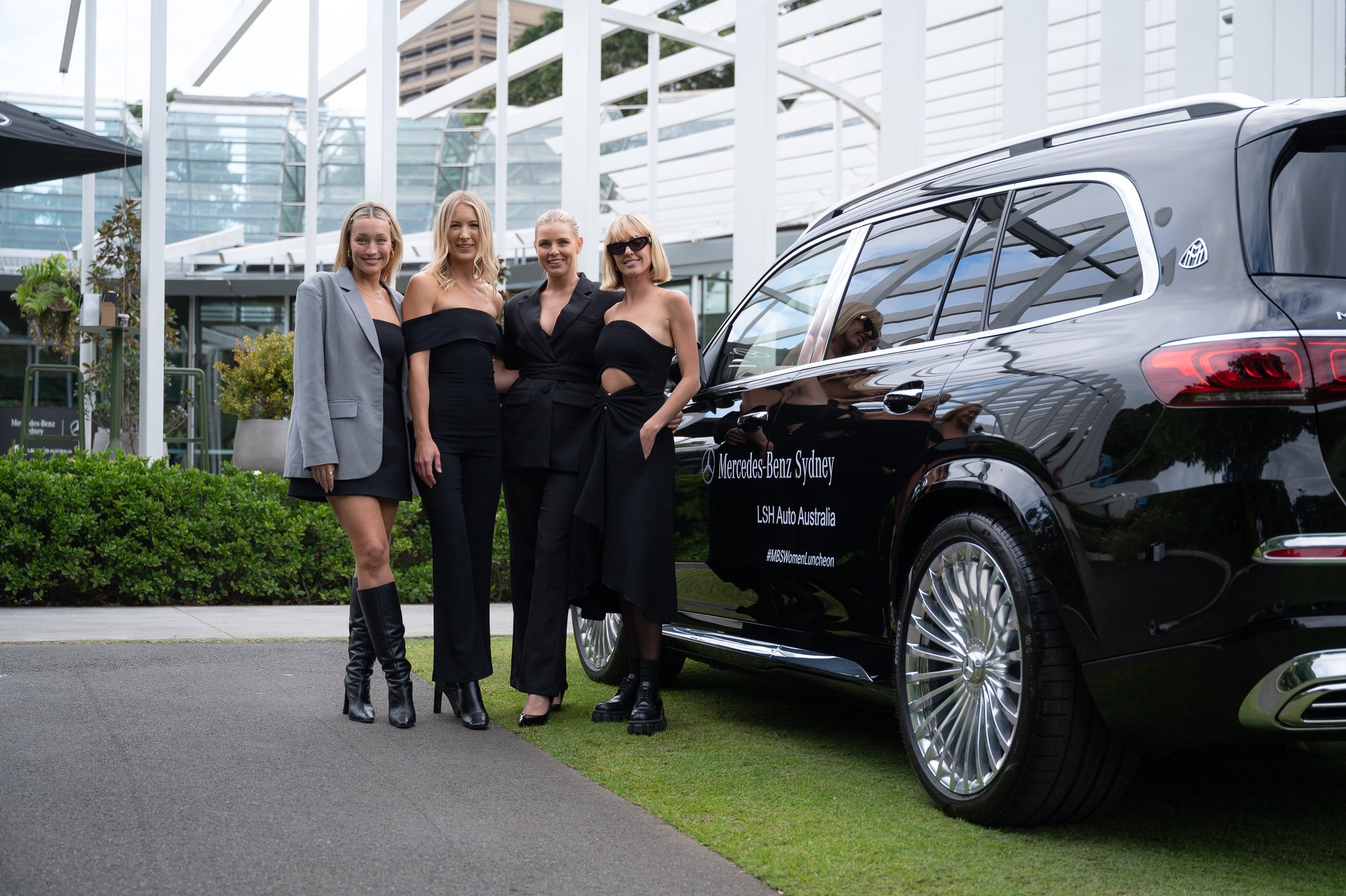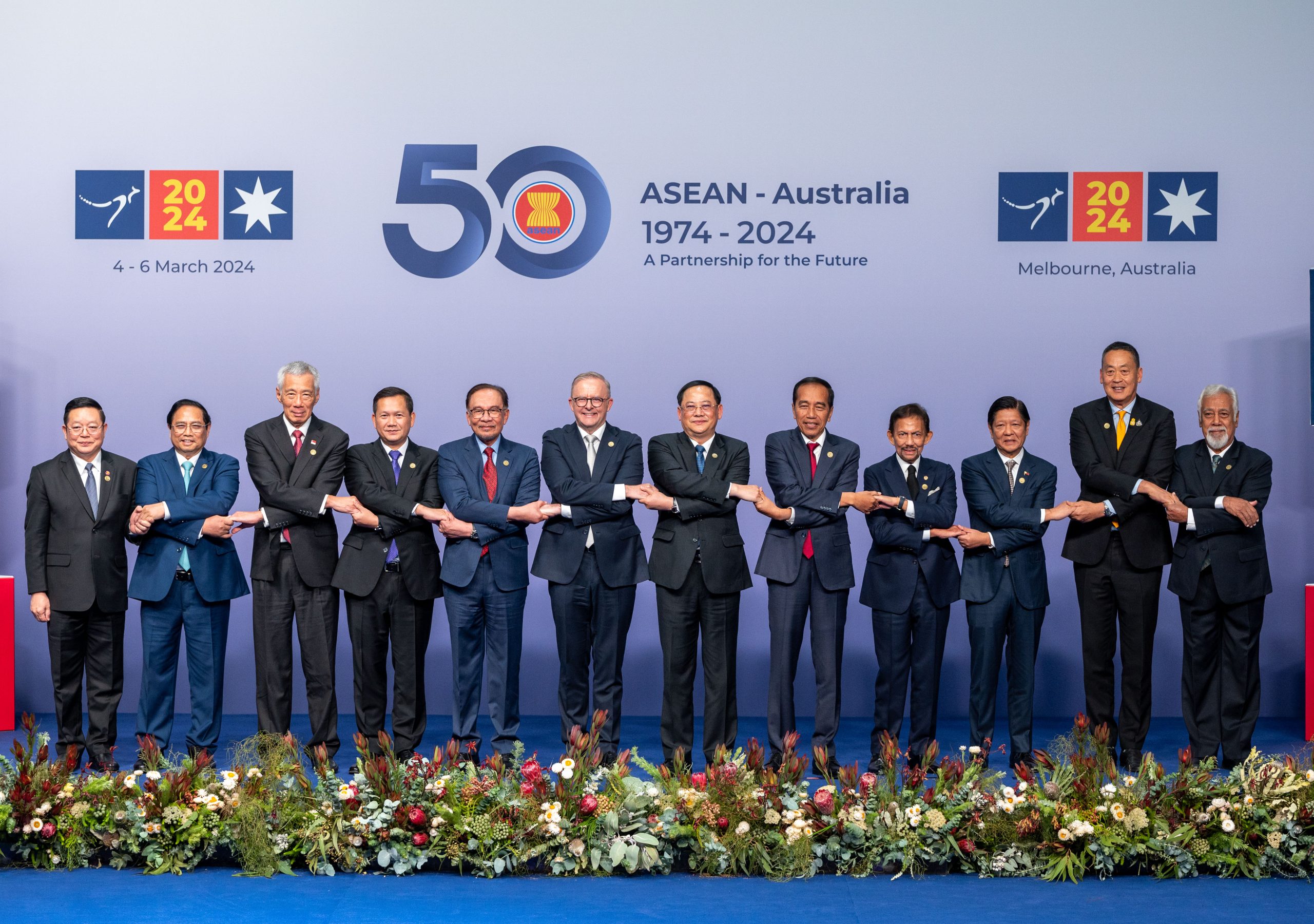First held in Chicago in 1893 following the World Expo, the Parliament of the World’s Religions’ mission was to create understanding and dialogue among the world’s religious leaders. Unfortunately it was short-lived and not revived for 100 years until in 1993 the same conference was held again in Chicago. The Parliament is now held every five years with Cape Town and Barcelona being previous host cities. The legacies each Parliament leaves are highly praised and regarded by academic, theological and political groups.

Organising a Parliament of all races, creeds, nationalities, political and religious persuasions has its challenges. In many respects the structure of the organising committees is similar to that of the Olympics. The head office (The Council for a Parliament) based in Chicago, selects a host city based on established criteria just as the IOC selects a city to host the Olympics.
Following a bid process, the host city then establishes its own working committee, which faces the logistical challenges that staging a world-class event presents.
The host city is also responsible for raising the US$11 million required to produce the conference, and this has to be accomplished with incredibly limited resources.
In the running for hosting the 2009 Parliament of the World’s Religions were 14 cities, with Singapore, New Delhi and Melbourne being serious contenders.
According to the Reverend Dirk Ficca, the parliament’s executive director, Melbourne was an obvious choice. “Melbourne satisfied all the mandatory requirements that we stipulated. It is a city that embraces multiculturalism in everyday life. That was a huge plus in their bid,” he says.
A key element to Melbourne’s winning bid was the promise of a new convention centre, which was yet to be built, a 5,000-capacity centre due in 2009.
Australian meetings industry specialist Janetta Stones, who worked with the Melbourne Bureau in putting the bid document together, was approached by the Council to head up the Australian operation.
“Organising an event of this magnitude was an incredible experience, especially for someone like me who is not closely linked to the religious world,” she says.
The challenges that faced Stones from the outset were immense. First, she had to register a company and then define clear channels of communication between her local board, the Chicago Council, Government Departments at all levels and a network of religious communities across Australia and the world. She then set about recruiting a small staff to manage the tasks ahead, while spearheading a selection process to appoint an Australian professional conference organiser (PCO) capable of producing the event.
“We established a board of management and selected a PCO from the list that collaborated with the Melbourne Convention and Visitors Bureau (MCVB) in putting the bid together. The Meeting Planners (which become Arinex) understood our particular needs and could work closely with us over the next three years to produce the Parliament.

“Our Parliament’s theme was determined by the issues facing people of faith in the world today, but expressing it in a few words was challenging. We were concerned about certain global aspects that modelled specific components of the Parliament. Our theme became ‘Making a World of Difference – Hearing Each Other, Healing the Earth’,” Stones says.
“Half way through our organising, we were hit with the global financial crisis which affected us in many ways. First, raising the required funding was severely impacted – corporate money dried up. One of the highlights of the Parliament in previous years was a sacred music concert, which we’d planned to hold at the Myer Music Bowl but were forced to scale back and use the plenary hall at the Convention Centre instead.
“Second, the crisis impacted on attendance too. Our forecast numbers were down. Regardless, we continued and produced a programme for a seven-day conference,” she says.
One of the greatest challenges facing the organisers of the Parliament was in handling the sensitivities and specific requirements of a range of religious and indigenous communities.
Melbourne was determined to welcome all ethnic and religious groups.
Muslims, Christians, Jains, Zoroastrians, atheists, Baha’is, Brahma Kamahis, Buddhists, Jews, Sikhs, Hindus, Pagans and other religious and spiritual groups all have specific needs according to their customs and traditions, but in a contemporary secular society, many are disregarded.
Contingencies were a huge consideration for the organisers. While religion brings out the best in humankind, it also gives rise to zealots. Contingencies were set to counter just about every possible encounter and circumstance. The possibility of asylum seekers, protesters, and minor conflicts were all considered and responses planned out before, during and following the staging of the Parliament.
Features of the Parliament included a substantial homestay programme, which allowed participation from developing countries. A massive volunteer programme also added to the international involvement and assisted in carrying out the many unpaid tasks associated with the Parliament.
Stones summarises the Parliament in this way: “We put together a world-class event here in Melbourne.
“We had an academic and intellectual programme of more than 500 sessions where some of the world’s greatest minds collaborated. There were 6,500 delegates, 1,500 performers and presenters, 650 volunteers, national and international coverage and a legacy that will live long into this century. We had bishops, rabbis, swamis, monks, royalty and thousands of faithful all in one place for one purpose. It’s an incredible feat really,” she says proudly.


